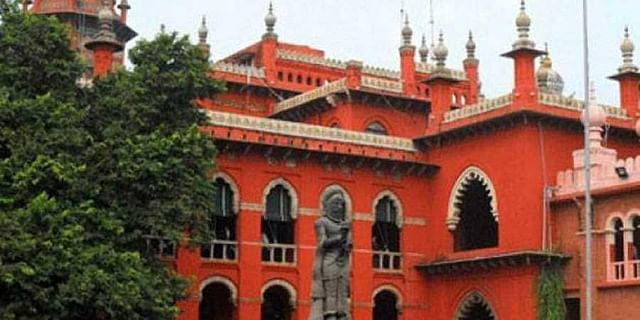
Nalini bail plea: HC says cabinet has no power to make recommendations to Governor

Days after it asked which legal provision will empower a High Court to grant bail to a convict, the Madras High Court on Thursday (March 24) heard the petition of Nalini Sriharan, one of the seven convicts in the Rajiv Gandhi assassination case, seeking release on bail.
Nalini’s counsel asked how the governor of a state can sit over the proposal (to pardon Nalini) for so long when the Tamil Nadu state cabinet had sent its recommendation to release Nalini in 2018. The counsel told the HC that the state cabinet’s decision is binding on the Governor.
The Madras HC bench of Chief Justice Munishwar Nath Bhandari and Justice D Bharatha Chakravarthy stated that Section 161 of the CrPC does not bestow any power on the council of ministers to make recommendations to the Governor.
Nalini’s counsel referred to the Supreme Court judgment in Maru Ram vs Union of India case in which the Supreme Court ruled that the Governor cannot act adversely against council of ministers’ decision.
Also read: TN school management panels get fresh lease of life with budget funds
The Madras High Court then asked the registry to list the case for further hearing.
Meanwhile, MA Muthalakan, president of South Chennai Central District Congress Committee, moved the Madras High Court opposing a bail petition filed by Nalini. Muthalakan said the convicts (in Rajiv Gandhi assassination case) are murderers and conspirators, who colluded with a banned organisation having a direct bearing on the sovereignty, security, and independence of the country.
On March 23, the Madras High Court directed Nalini to approach the Supreme Court to seek the relief. Originally, Nalini (now on parole granted by the Tamil Nadu government) had filed a petition praying the court to order her release even without the consent of the state Governor.
Now that the Supreme Court had granted bail to A G Perarivalan, another convict in the same case, her counsel pleaded the bench to apply the same yardstick and grant bail to Nalini.
Observing that the apex court is the supreme judicial body in the country and that the High Court cannot follow the same yardstick adopted by the former, the bench asked the counsel under what legal provision a High Court can grant bail to a convict. The bench advised the counsel to approach the Supreme Court with the bail plea.
In 1999, the Supreme Court had upheld the death sentence of four convicts — Perarivalan, Murugan, Santham and Nalini.

